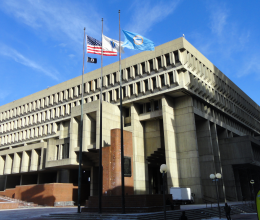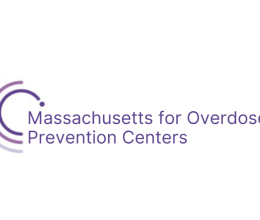
Years after former state drug lab chemist Annie Dookhan was discovered falsifying evidence, thousands of cases still remain unresolved. The ACLU has spent that time seeking justice for Dookhan's victims, including our most recent filing before the Supreme Judicial Court asking for the 24,000 cases to be vacated. Slate's Mark Joseph Stern reported on how the scandal has progressed and what needs to happen next.
Annie Dookhan’s goal was simple: Get drug users “off the street” and into prison. Dookhan took pride in her work at a state forensics drug lab, where she tested evidence seized from alleged drug offenders to determine whether the substances were illegal. But Dookhan was more interested in imprisoning defendants than discovering whether they were actually guilty. So she falsified tens of thousands of reports, often marking results as “positive” without testing a substance. When whistleblowers reported Dookhan, the lab silenced them, then covered up her misconduct and allowed her to continue her work. Over her nine-year career, Dookhan tainted the convictions of tens of thousands of people—most of them poor, a majority of them charged with mere possession and then coerced into plea deals.
A series of rulings by Massachusetts’ highest court has helped some of these “Dookhan defendants” overturn their wrongful convictions. But 24,391 of them remain unaided, some still in prison or on parole, others denied housing and employment on account of their criminal records. A sizable number have already been deported. The Massachusetts court has found that each of these defendants has a right to a hearing—yet by one estimate, appealing the remaining convictions case-by-case would take 48 years and stretch the public defenders’ resources to a breaking point. How, then, can the state possibly restore justice to these 24,391 defendants convicted on the basis of potentially falsified evidence?
The American Civil Liberties Union has an idea: Overturn their convictions. Every single one of them. Immediately.
To continue reading, please click here.





